At Sea (2007)
Genre : Documentary
Runtime : 1H 0M
Director : Peter B. Hutton
Synopsis
Three segments depicting the life cycle of a freighter boat.

Ten shots of skies.

The capital of Yemen, the city of Sana'a, holds an important part of history within its walls filled with medieval architecture and culture. But that same culture was about to disappear with the country's modernization which came after the civil war in the 1960's. To impeach such modern invasion, director Pasolini pledges to UNESCO for the recognition of Sana'a as a World Heritage Site.

An unknown observer is seen traveling through a bleak corridor. At the end of the corridor they see a naked woman, whom they are unable to reach as their trip seems to become increasingly twisted and looped.

In his experimental short film "Brutalität in Stein" (Brutality in Stone), Alexander Kluge demonstrates how Nazi architecture used dimensions of inhuman and super-human scale to bolster the regime's politics of the same kind. Shots of huge neo-classical architectural structures from the Nazi period are confronted with equally anti-human national-socialist language as a voice-over.

Experimental filmmaker James Benning returns with this abstract documentary about California's Central Valley. Consisting of 35 shots, each over two minutes long, the film quietly portrays nature's subjugation to encroaching commercial interests. This film was screened at the 2000 Sundance Film Festival.
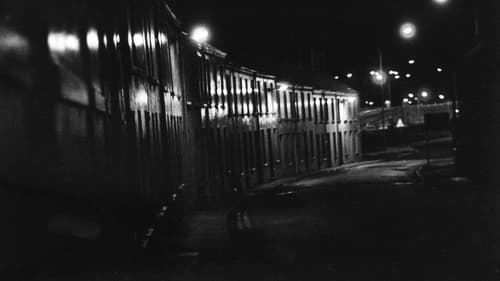
It’s a black-and-white record of European cities in the dark (2-5am), from Basle to Belfast. Quiet, and meditative, what emerges most strongly is an eerie sense of city landscapes as deserted film sets, in which the desolate architecture overwhelms any sense of reality. The only reassurance that we are not in some endless machine-Metropolis is the shadow of daytime activity: a juggernaut plunging through a darkened village, a plague of small birds in the predawn light. The whole thing is underscored by a beautiful ‘composed’ soundtrack, from quietly humming streetlights to reggae and the rumble of armoured cars in Belfast. A strange and remarkable combination of dream, documentary and science-fiction.
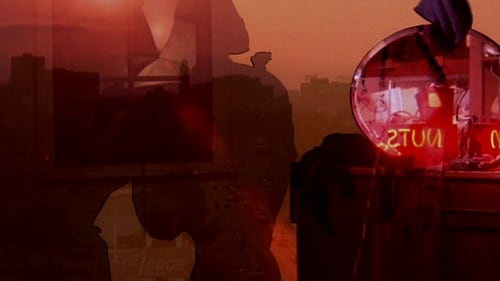
Pat O'Neill, one of the most interesting filmmakers in America today, offers a dazzling reflection on the conflict between nature and man in Los Angeles, or the desertification of the city's surroundings due to its enormous water consumption. More interestingly, it is also a film in the age-old tradition of city symphonies: a film about LA's foundation myths and the dreams it embodies, about its history and (grim) future, its topography and ethnography. O'Neill uses footage from several classic films to recreate the several layers of meaning emanating from the city, juxtaposing images and fantasies and hardly ever allowing one picture to go untouched. George Lockwood's swarming soundtrack is likewise composed of conflicting languages, an elaborate work of plunderphonics in which snippets of sound stolen from movies collide with electronic soundscapes, contemporary chamber music, improv, and what not.

Avant garde/experimental film. A mesmerizing trip through the psychedelic vastness of space.

An insane man first loves then grows to hate his neighbor, an old man whose penetrating gaze unnerves the insane man. He plans a perfect crime and executes it one night. The next day, two officers knock on the insane man's door, investigating a shriek heard in the night. The insane man invites them in, answers their questions, and submits to an examination of his eyes by one of the officers, who proclaims him innocent. The insane man invites them to stay and relax awhile, then regales them with his theories of crime. His heart begins to beat louder. Angles on the set are skewed to suggest the man's internal disarray.
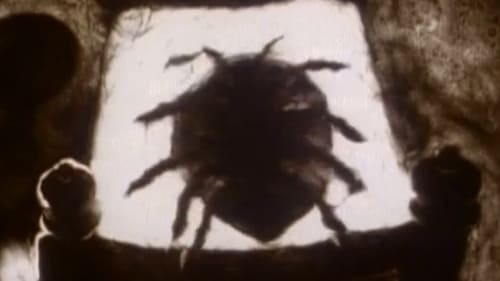
An animation made of beach sand on a piece of glass - directed by Caroline Leaf. Based on Kafka's The Metamorphosis.

Dekeukeleire's film evokes the notion of impatience via fragmented images of a revving motorcyle, a woman's expressions, and roads of a mountainous landscape.

Casanova meets a new servant who will witness his last moments in life, from a castle with its libertine 18th century atmosphere to the poor, shadowy Northern lands. There, his rationalist way of thinking and mundane world will succumb to a violent and romantic force, represented by Count Dracula.

A small African village. The story focuses on Bila, a ten year old boy who befriends an old woman, Sana. Everybody calls her 'Witch' but Bila himself calls her 'Yaaba' (grandmother). When Bila's cousin Nopoko gets sick it is Sana's medicine that saves her.

Structured in visual chapters: the port, anchors, the wind, the spray, the dunes, the North Sea… A series of images that need no anecdote or explanation. Storck offers a glimpse of Ostend, aspects that order its multiple constitutive elements; The water, the sand, the waves, vital cinematic language displayed in simple pictures. A poetic and kinetic shock, without fiction or sound, which relieves film from its narrative obligation and restores it to the world of sensations that it can alone carry.

Rythmetic is a 1956 Canadian short animated film directed by Norman McLaren and Evelyn Lambart where numbers are the main characters.
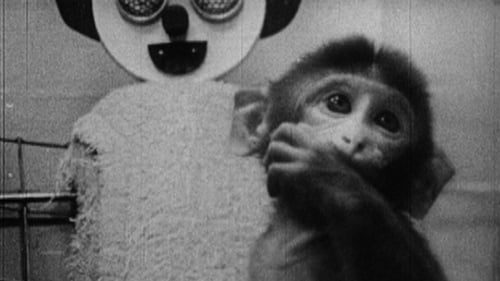
An examination of the history of the U.S. through archival footage and contrasting views of society, incorporating audiovisual material ranging from political campaign films to animated cartoons to children’s phonograph records, featuring Al Jolson, Mickey Mouse, the young Jack Smith, and a half-dozen American presidents.
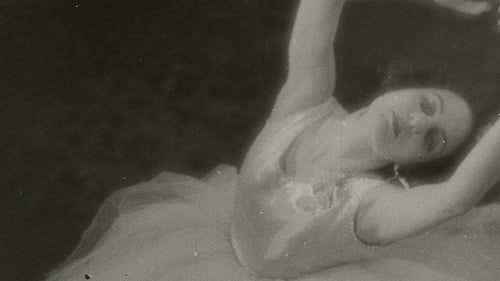
I evoke a dancing woman. A woman? No. A bouncing line with harmonious rhythm. I evoke a luminous projection on veils ! Precise matter! No. Fluid rhythms. Why should one disregard, on screen, the pleasure that movement brings us in the theatre? Harmony of lines. Harmony of light. Lines, surfaces, volumes evolving directly, without the artifice of evocation, in the logic of its forms, dispossessed of any overly human sense, allowing an elevation towards the abstract, thus giving more space to sensations and to dreams : integral cinema. —Germaine Dulac

John Whitney's pioneering work of computer animation, Arabesque, from 1975. This flowing, abstract short film is a wonder to behold, a work of art. Like many other computer graphics pioneers, this film suggests roots in psychedelics and spiritual quests as much as engineering and mathematics.

One day, Saturday October 5th, in a mans life.

a film by Apichatpong Weerasethakul














